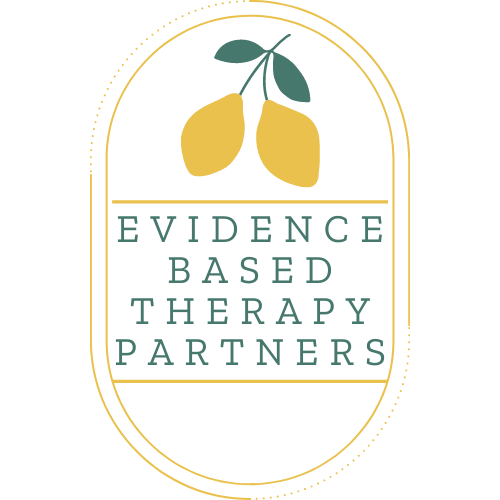
“Happiness in simplicity can be achieved with a flexible mindset and nine hours sleep each night.”
—Dalai Lama
Insomnia
What is Insomnia?
Insomnia is a common sleep disorder characterized by persistent difficulties sleeping, including falling asleep and staying asleep. Insomnia can be a distressing and frustrating experience that significantly affects daytime functioning. While it’s normal to experience occasional sleep disruptions, as well as changes to sleep with aging, it’s recommended that you seek help if insomnia persists for more than a month.
The Causes of Insomnia
If you’re struggling to sleep, you’re probably wondering why. Insomnia is often associated with stress, psychiatric disorders, and medical conditions.
Stress.
Difficulty sleeping is often an early symptom of heightened stress. People commonly notice changes in their sleep surrounding stressful life events. Chronic sleep disruption when stressed is an indicator that you may benefit from learning and practicing skills and strategies to navigate stressors and help yourself relax.
Depression.
When in a depressive episode, people may experience marked changes in sleep, including waking early in the morning and struggling to fall back asleep, and lack of restful sleep. Sleep disruption is generally the symptom of depression that takes that longest time to remit.
Anxiety.
Anxiety involves muscle tension, difficulties relaxing, and difficulty controlling worries, all which interfere with sleep. People struggling with anxiety may find themselves worrying at night, and learn negative associations with sleep, such as anticipatory concerns about whether they will be able to “get enough” sleep at night.
Post-Traumatic Stress Disorder.
Those with PTSD are often more vulnerable to intrusive memories, flashbacks, and distressing feelings when relaxed. They may experience nightmares and begin to avoid or dread sleep itself. Insomnia factors that are co-ocurring with PTSD can be addressed within a trauma treatment plan that includes insomnia treatment components.
Medical Issues.
Conditions affecting breathing such as sleep apnea, asthma and allergies, as well as chronic pain, GERD, and restless legs syndrome, all may cause insomnia. In addition, some medications cause insomnia as a side effect. Insomnia treatment can help mediate medical issues affect on sleep.
Behavioral Patterns.
Whether the initial cause or a response to insomnia, behaviors such as the use of sleeping medications, caffeine, alcohol, technology, and other sleep habits are usually part of the clinical context of factors that maintain insomnia.
Click here for research and information on the efficacy of CBT for Insomnia
A Cognitive Behavioral Perspective on Insomnia
Once someone begins to experience insomnia, disruptions to sleep usually lead to a series of changes in thoughts about sleep and behaviors surrounding sleep and awake times.
Unfortunately, attempts to cope with insomnia such as napping, irregular wakeup times, use of sleep aids, watching tv during sleep, use of electronics for distraction, and other efforts to fall back asleep, often exacerbate the problem.
How EBTP Can Help
CBT for insomnia involves several components addressing factors that perpetuate the experience of insomnia and how to develop new cognitive and behavioral patterns.
Learn about insomnia in general
Learn your unique patterns by tracking sleep and wake times
Once you understand your sleep trends, you will typically begin restricting your time in bed, eliminate naps, and work on reducing the use of problematic sleep aids to reset sleep
Restore the association between being in bed and sleep, through a variety of strategies.
Help you identify your thoughts about sleep and change ineffective thoughts that contribute to distress such as “I cannot function after a night of poor sleep”.
Explore the function of your awake times at night and work to restructure your behavioral patterns.
Learn and practice relaxation and coping skills to address stressors in your life and confront worries during awake times.
We find that the CBT approach to confronting insomnia directly can yield significant results. CBT has been proven to be effective for treating chronic insomnia, with longer lasting benefits than medication treatments.
If you believe you may benefit from treatment, please don’t hesitate to reach out and make an appointment.
“Discover the great ideas that lie inside you by discovering the power of sleep.”
— Arianna Huffington


